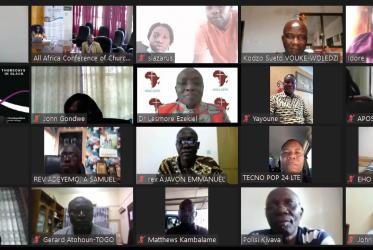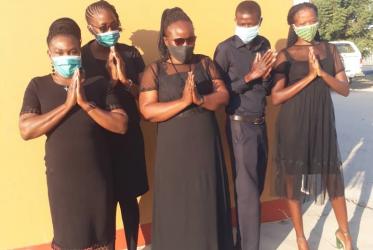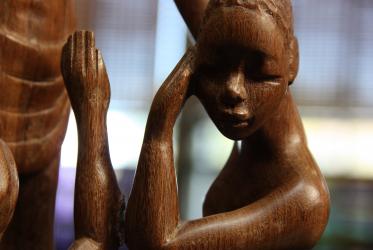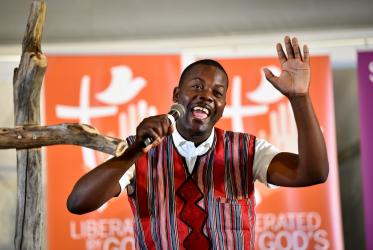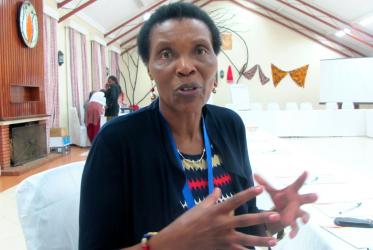Displaying 1 - 12 of 12
COVID-19 in conflict zones: “a crisis within another crisis”
27 November 2020
Thursdays in Black is growing in Namibia
20 August 2020
WCC shocked by news of kidnapping at school in Cameroon
06 November 2018
WCC warns of growing risk of atrocities in Cameroon
02 August 2018
#WCC70: Kirchen als „Vermittler von Freiheit“
12 February 2018
#WCC70: Churches as “freedom agents”
12 February 2018
#WCC70: Las iglesias como “agentes de liberación”
12 February 2018
#WCC70: Les Églises, des «agents de la liberté»
12 February 2018
